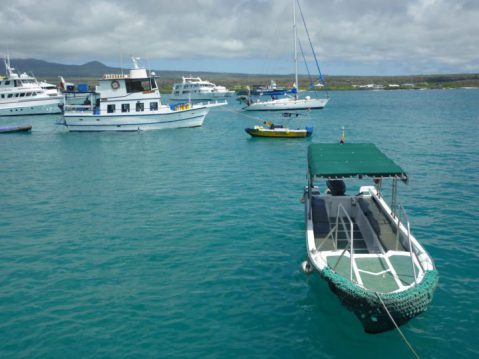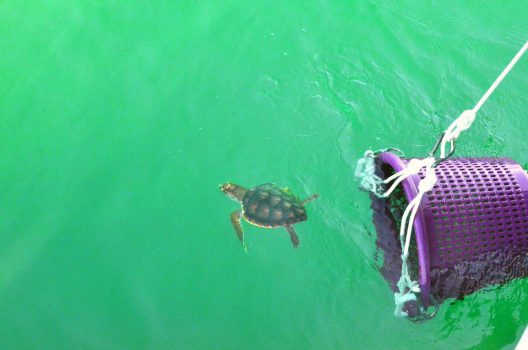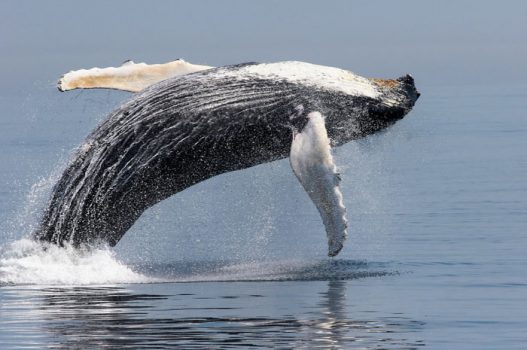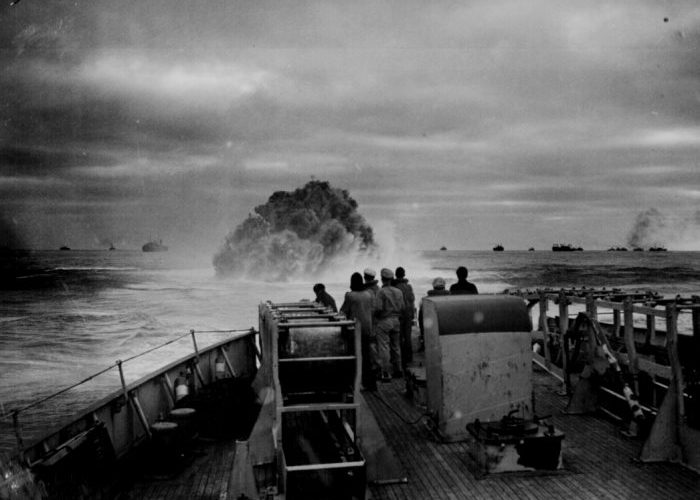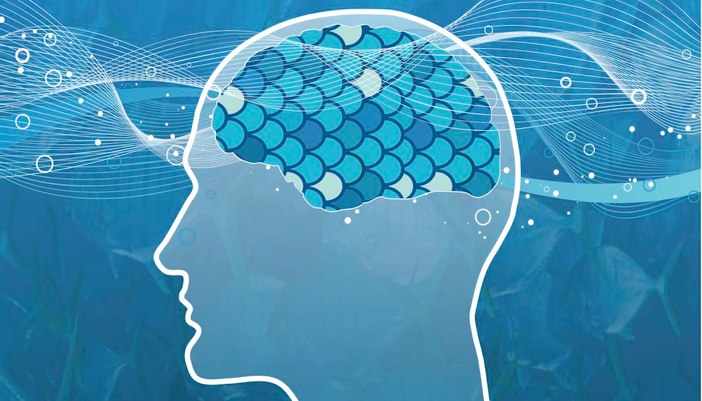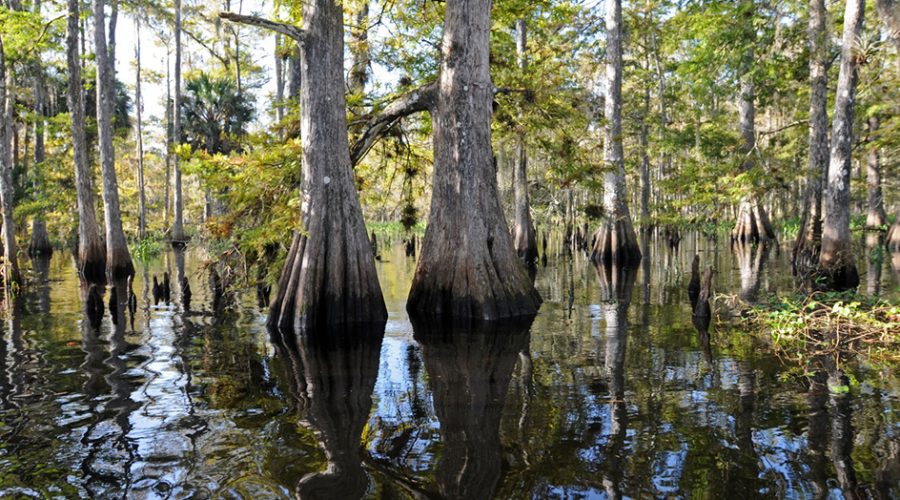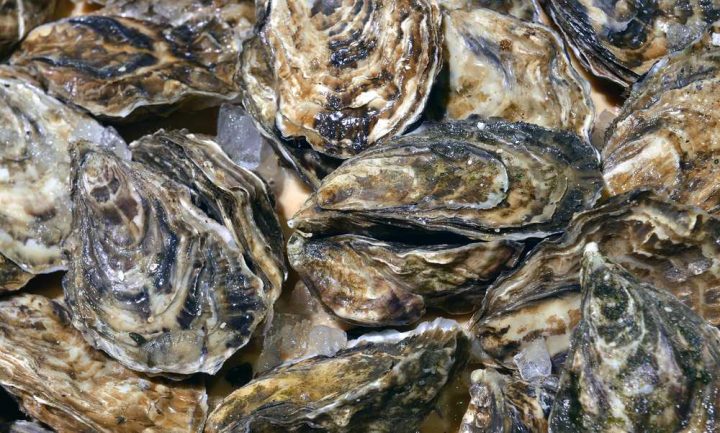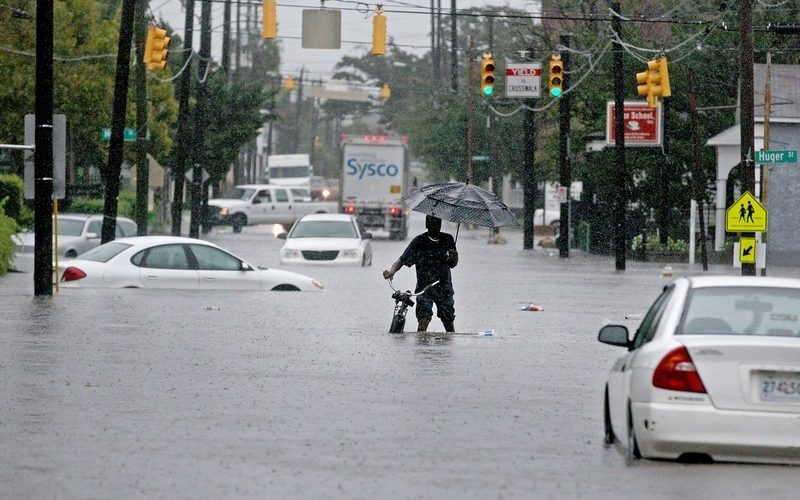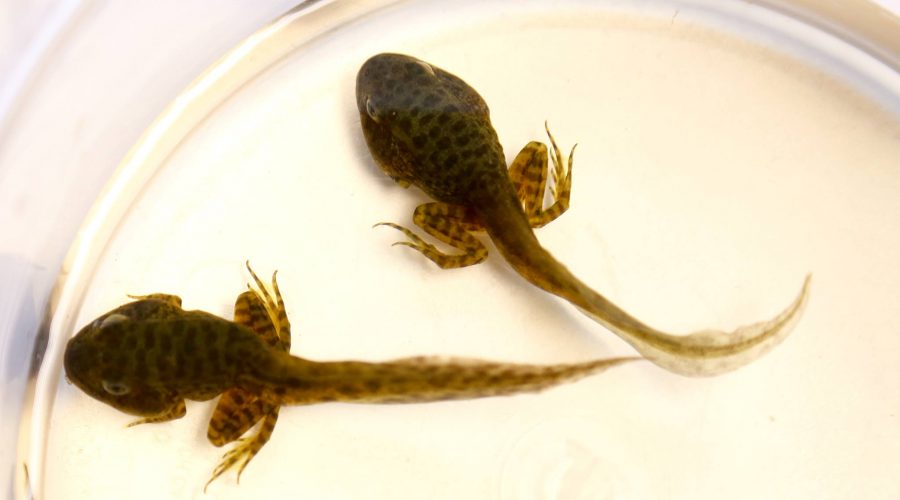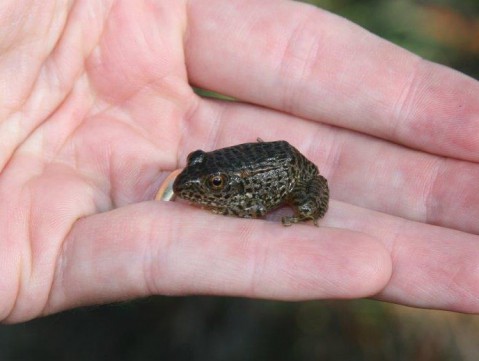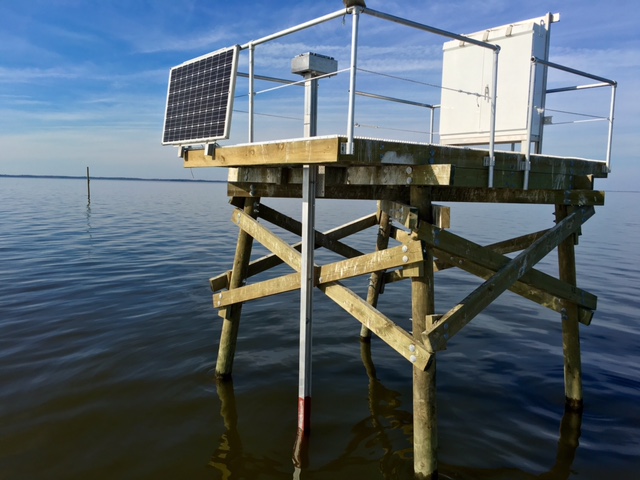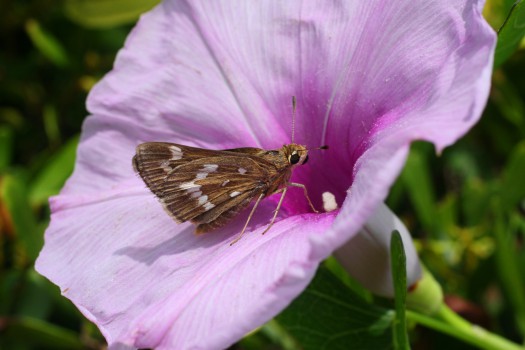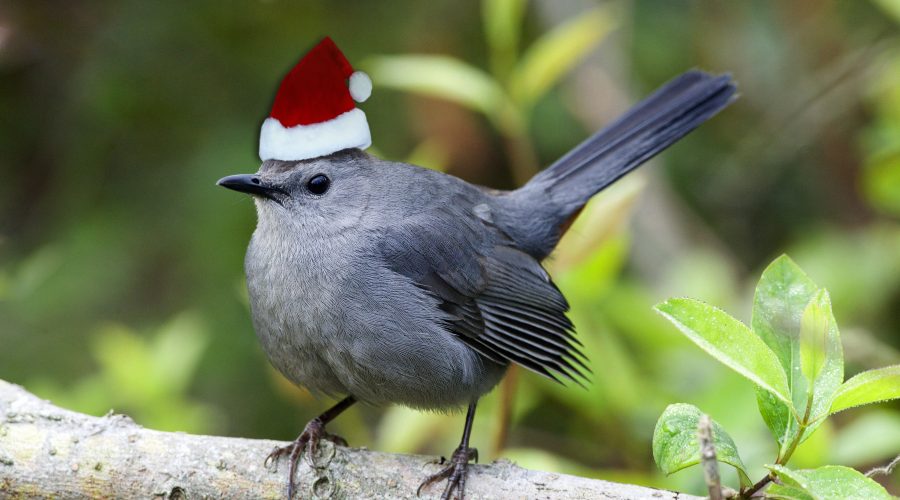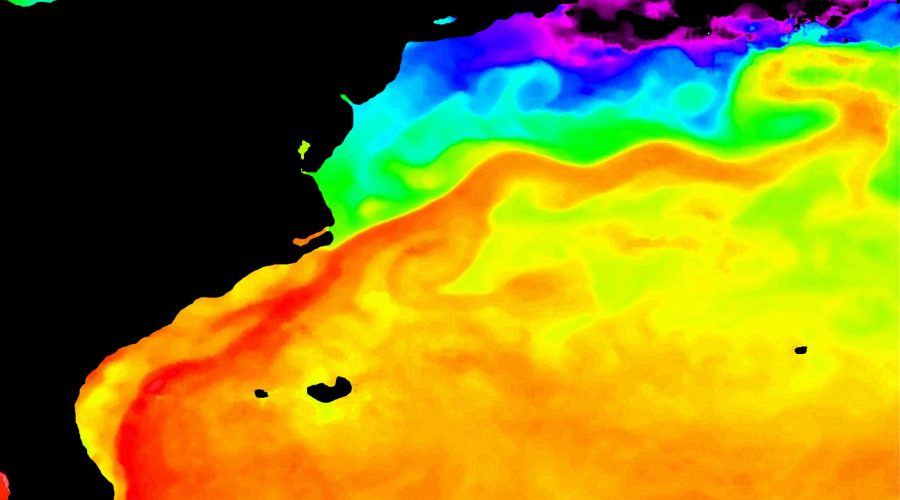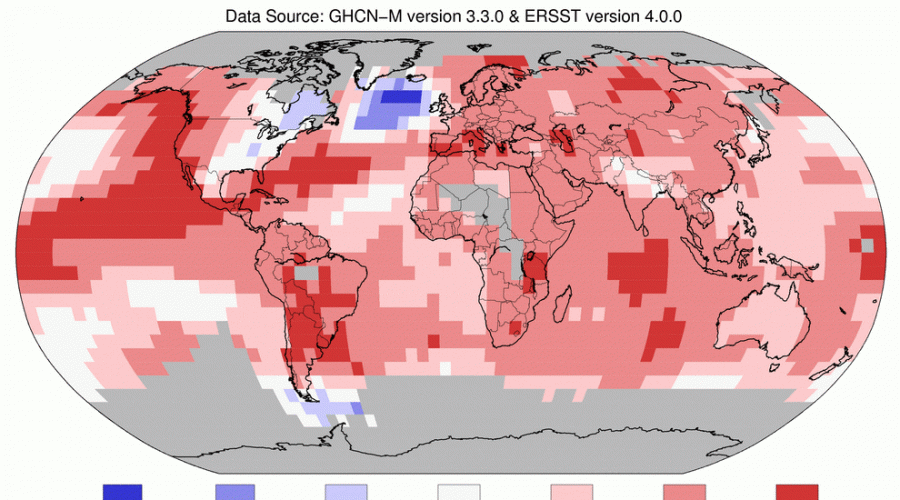New research from the University of North Carolina-Chapel Hill may provides a way to know how much human presence sensitive coastal areas may be able to withstand.
Science
NC Aquarium Staff Releases 33 Sea Turtles
Specialists at the North Carolina Aquarium at Pine Knoll Shores invited paying guests for a boat ride to the Gulf Stream Wednesday to release 33 rehabilitated juvenile sea turtles rescued from area beaches.
Humpback Whales Recover; Threats Remain
NOAA recently determined that most populations of humpback whales have rebounded and are no longer threatened or endangered, but some conservation groups say the status change is premature.
Exploring a Piece of Battle of the Atlantic
Researchers are using advanced technology to more fully explore recently discovered wreckage of a German U- boat and an Allied merchant ship that were sunk off Cape Hatteras in 1942.
The Ocean: Calming a Stormy Mind
Whether it’s the smell of the sea or the rhythmic lapping of waves upon the shore, science has long known the calming effect the ocean has on the human mind, the “blue mind” as one scientist calls it.
Coastal Plain Is One of World’s “Bio” Hotspots
Those of us who live on or visit the N.C. coast know how special it is, but we’re also part of a larger region now recognized by an international environmental group as one of the most biologically diverse places on Earth.
Partners: The Fisherman and the Scientists
In a rare partnership David “Clammerhead” Cessna, a Carteret County fisherman, and UNC researchers Niels Lindquist and Joel Fodrie are working together on a new way to bring back North Carolina’s oyster populations.
King Tides Offer Glimpses of Our Future
Researchers need your help to document this week’s unusually high tides, which could provide a taste of our watery future as sea-level rise accelerates.
Center Offers New Model for Hog Farming
Work going on at the Center for Environmental Farming Systems is focused on sustainable agriculture, including a project to show how hogs can be raised without antibiotics and without storing their waste in troublesome open-air lagoons.
Gopher Frogs Get Head Start on Life
In the second of our two-part series, a conservation team steps in to provide nursery care for threatened Carolina gopher frog tadpoles, releasing the amphibians into the wild after they’ve passed this most vulnerable stage in life.
Partnership Works to Save Gopher Frogs
The N.C. Aquarium at Fort Fisher, the N.C. Wildlife Resources Commission and other agencies are working together on an ongoing project to give threatened Carolina gopher frogs a head start on life.
Taking the Pulse of Currituck Sound
The Army Corps of Engineers has launched a $1.3 million research project in Currituck Sound to collect long-term data that should help scientists monitor water quality in the sound and understand the effects of climate change.
Crystal Skipper Earns Species Status
The rare crystal skipper butterfly has the unusual distinctions of being a newly identified species that’s found only along a small section of the central N.C. coast.
Annual Christmas Rite Begins Next Week
Yes, it’s time once again for the annual Audubon Christmas Bird Count, and the N.C. chapter invites birdwatchers to participate in the longest-running, citizen science survey that will help shape the future of birds and climate science nationwide.
Plugging Into the Gulf Stream?
Scientists are studying whether the huge amount of water that the Gulf Stream moves past our coast each second could be harnessed as a clean source of renewable energy.
Changes in Atlantic Sooner Than Expected
An area of cold, fresh water in the otherwise warming, salty north Atlantic, could hasten sea-level rise on the East Coast and affect climate patterns worldwide

